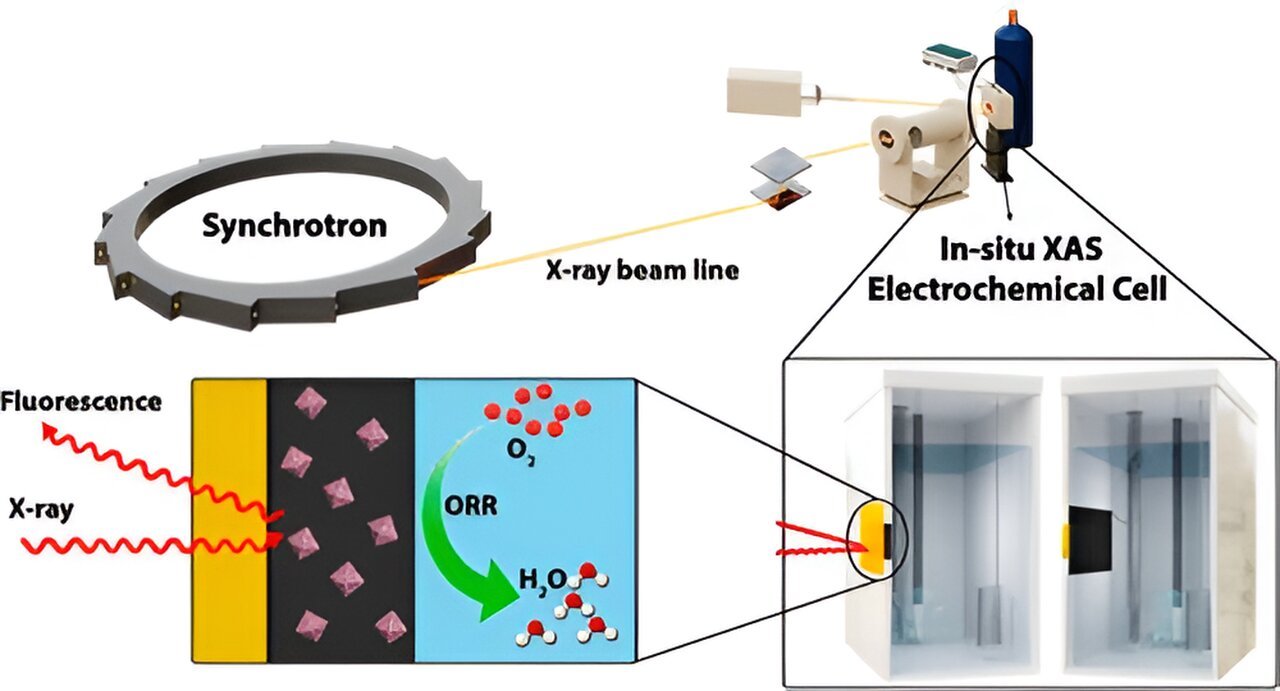
The new cobalt nanomaterial reduces fuel cell reliance on platinum as a sole catalyst in producing power. (Image credit: Western University)
Researchers from Western University, London, have developed a cobalt-derived nanomaterial that boosts proton-exchange membrane fuel cells (PEMFCs), making them more robust, readily sourced and environmentally friendly. The material is used to enhance the oxygen reduction reaction (ORR) needed to form water in a fuel cell to create a high current for efficient power generation. It also reduces the reliance on costly platinum to build those fuel cells.
According to a recently published paper, the researchers found the cobalt nanomaterial demonstrated just a 2% loss in efficiency rate after 20,000 cycles in durability tests, making it more robust than traditional cells. To accomplish that feat, the researchers used a cobalt doping method to modify the surface and near-surface areas of platinum-palladium core-shell nanoparticles. This was done by introducing small amounts of particular foreign atoms, known as dopants, into the crystalline structure of a nanoparticle to modify its electronic properties.
The new cobalt-modified nanomaterial has demonstrated an increase in stability and allowed the researchers to gain insight into the degradation mechanisms of catalysts in controlled laboratory settings. To gain a better understanding of the catalyst behavior, the researchers studied the new nanoparticles using a Hard X-ray Micro-Analysis Beamline at the Canadian Light Source facility at the University of Saskatchewan. They also tapped the Advanced Photon Source in Lemont, Illinois and the Taiwan Photon Source to gain even more insight into the new material.
“These cobalt-doped nanoparticles hold immense promise as highly efficient and enduring ORR catalysts, representing a significant advancement in the realm of fuel cell technology,” stated Xueliang Sun, co-author of the paper. “This comprehensive approach sheds new light on catalyst behavior and structure, bringing us one step closer to sustainable energy solutions.”
Have a story tip? Message me at: http://twitter.com/Cabe_Atwell
